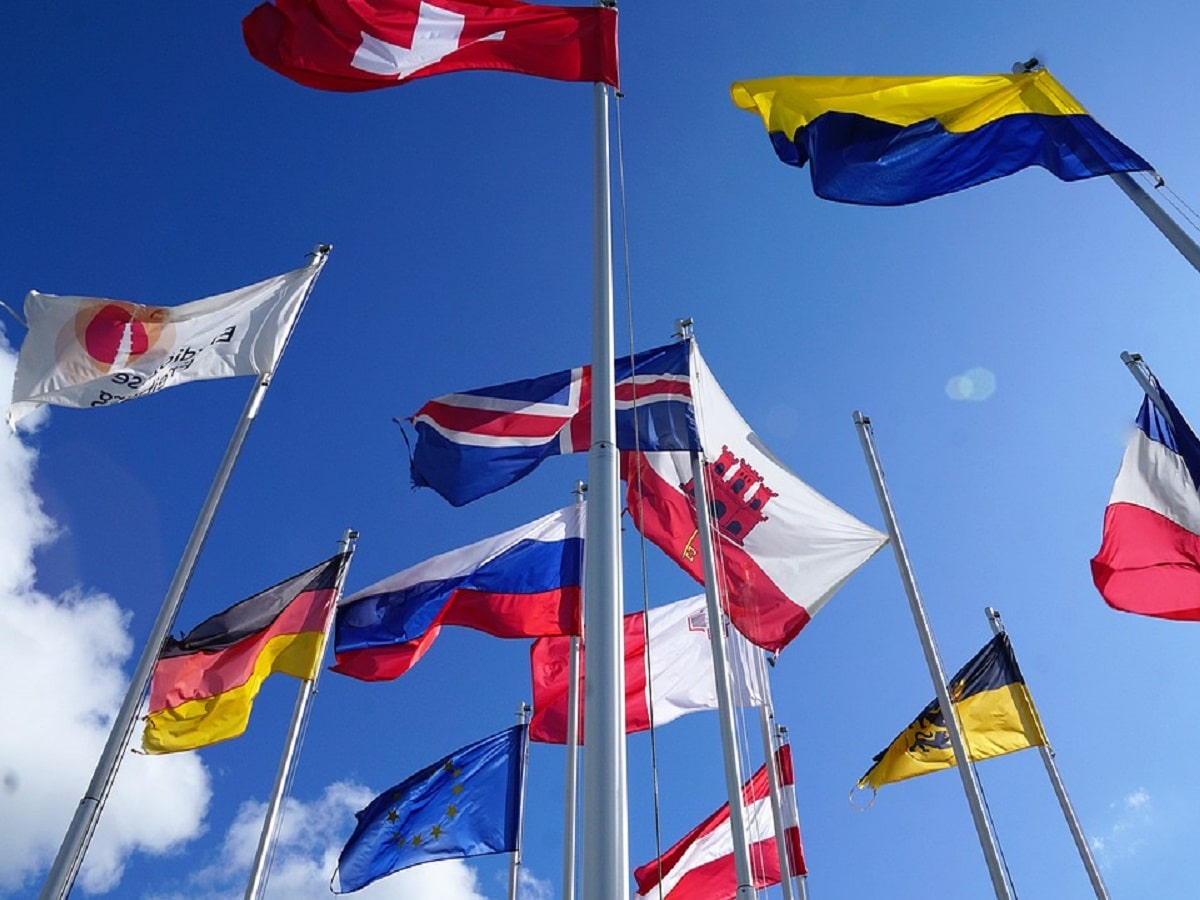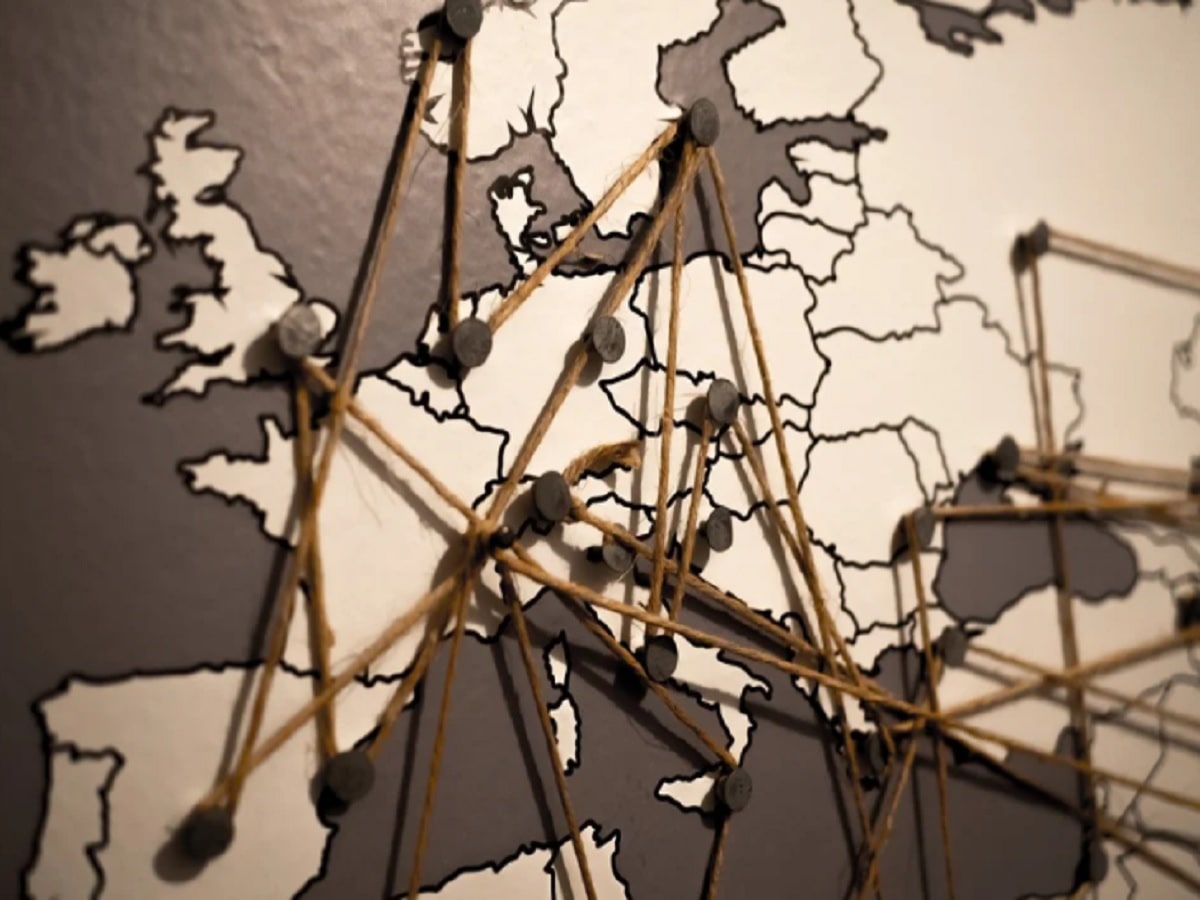
European Parliament Votes In Favor Of Raising Hemp THC Limit

European Parliament Votes In Favor Of Raising Hemp THC Limit
The hemp industry is booming across the globe. Many international farmers have cultivated the hemp plant for years for the purpose of creating textiles, however, in recent years many hemp farmers have cultivated the plant for another purpose – CBD.
Hemp farmers, especially new ones, are scrambling to produce as much raw hemp to sell to companies that will take the raw biomass and turn it into CBD oil and other CBD products.
Many countries have updated their laws recently to permit legal hemp cultivation and to try to distinguish hemp cannabis from non-hemp cannabis.
The legal difference between the two cannabis varieties hinges on a THC threshold. If the cannabis tests above the THC threshold, then it is legally deemed to not be hemp, and if it tests below the THC threshold then it is legally considered to be hemp.
Members of the European Parliament recently voted to raise the THC limit in its policies, as reported by Hemp Today:
The European Parliament has voted in favor of increasing the authorized THC level for industrial hemp “on the field” from 0.2% to 0.3%, a critical step in the process of re-establishing that level of THC for European hemp.
The proposal, long advocated by the European Industrial Hemp Association (EIHA), was included in the Common Agricultural Policy (CAP) reform adopted by the Parliament today.
“This is an historic moment for our industry, for our farmers, for a green future and for all Europeans,” said EIHA President Daniel Kruse. “Finally, the EU has a level playing field again with the global industrial hemp sector.”
While it is good to see the THC threshold increased, a 0.3% THC threshold is still very low. Many hemp industry observers have stated publicly that a threshold of 1% makes more sense.
For instance, Switzerland has a hemp THC limit of 1% that applies to CBD products sold within its borders.
Despite having a THC threshold that is over 3 times greater than many other countries, including the United States which also has a 0.3% limit, Switzerland has not experienced any issues.
Share article


Share article
Join Our Awesome Community
Join Our Awesome Community
Join Our Awesome
Community
Get all the latest industry news
delivered to your inbox





